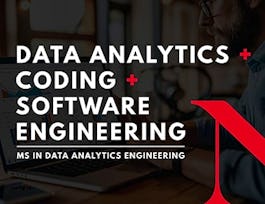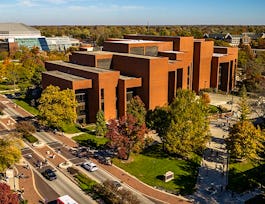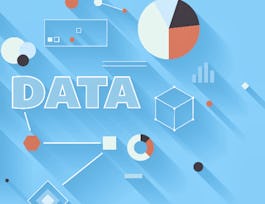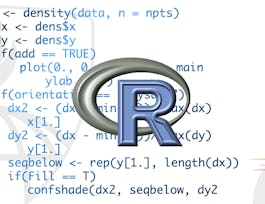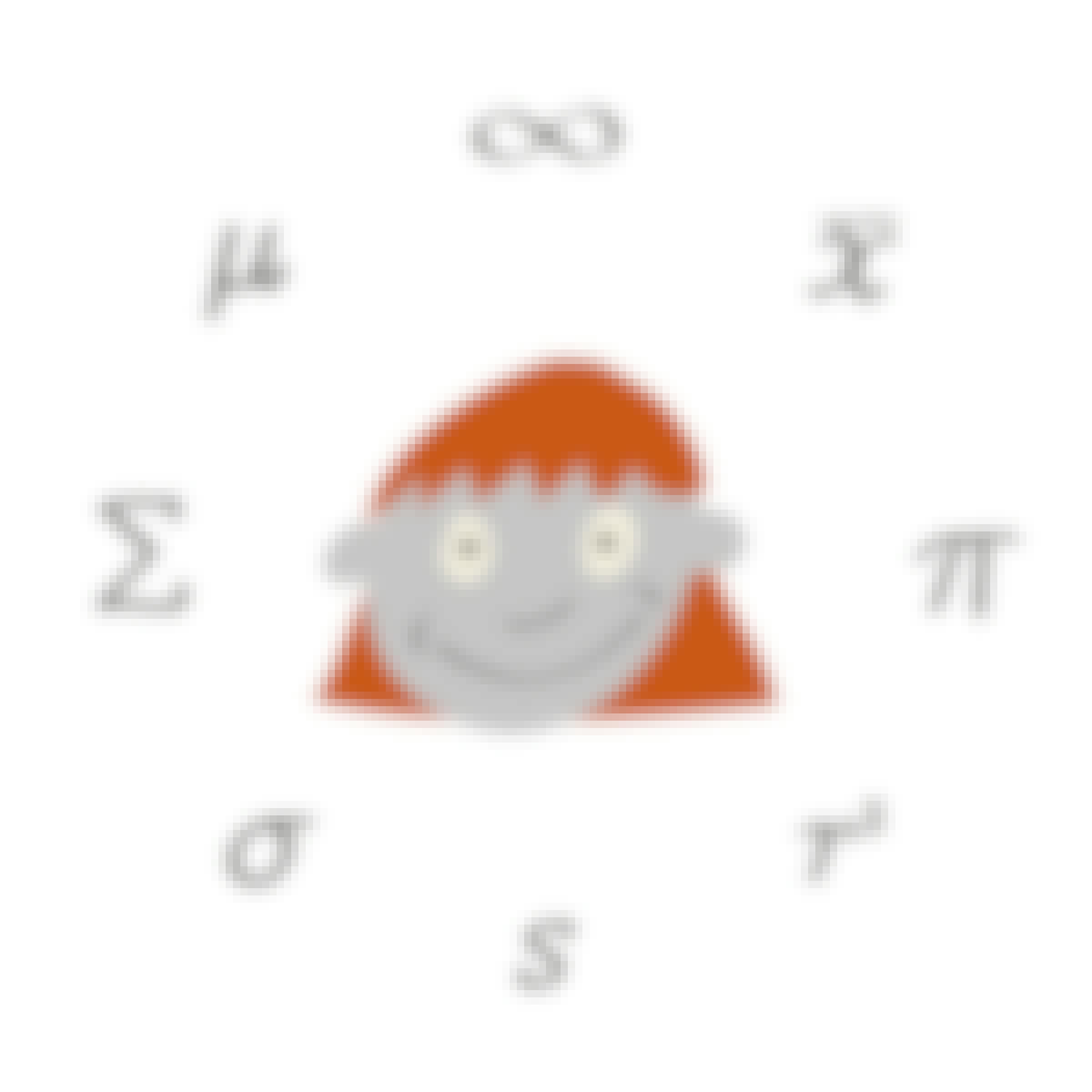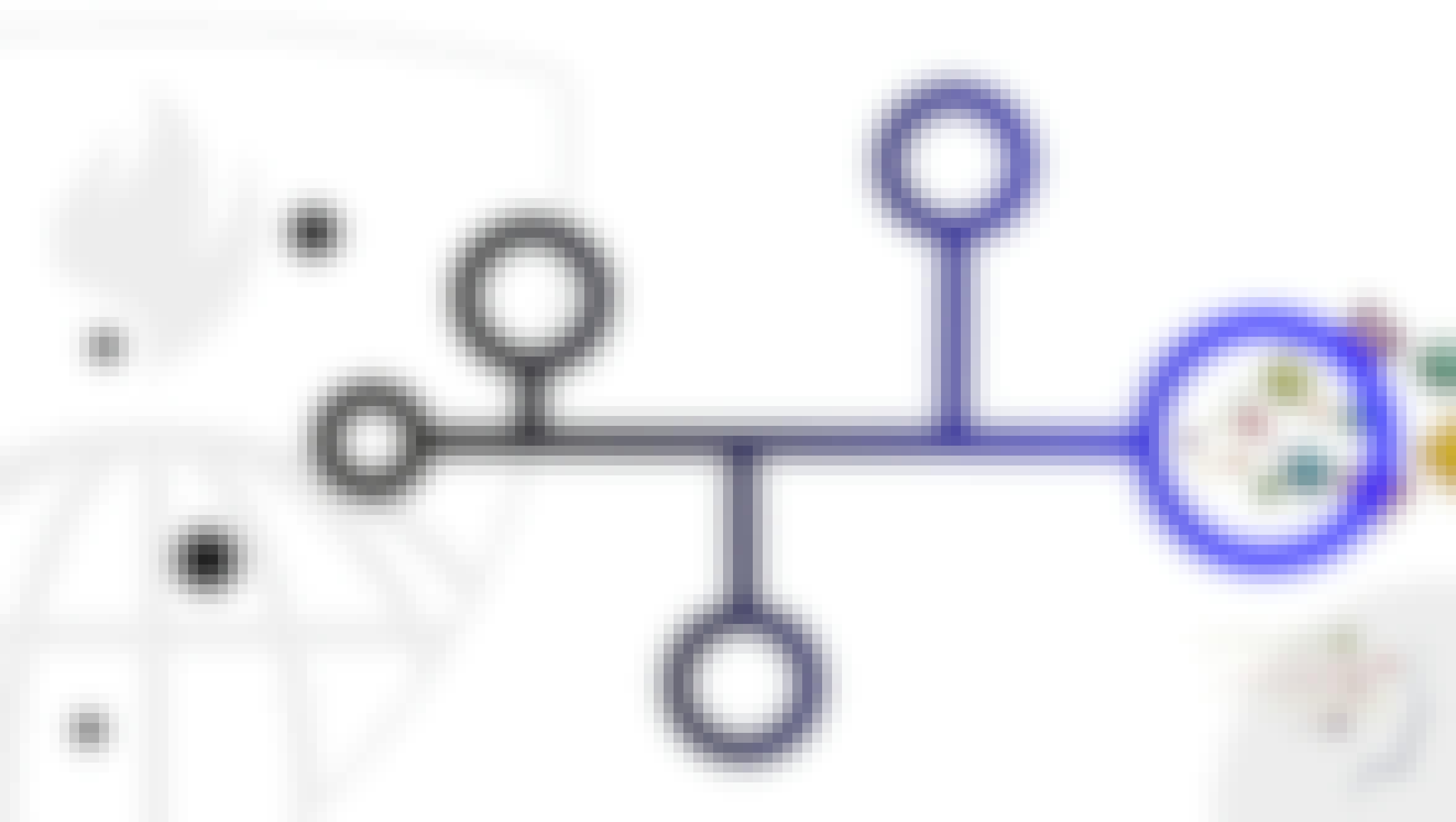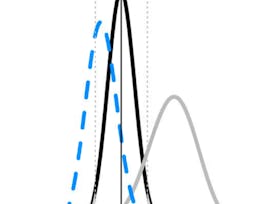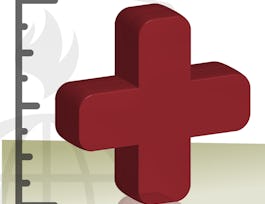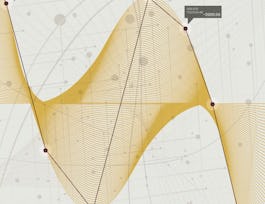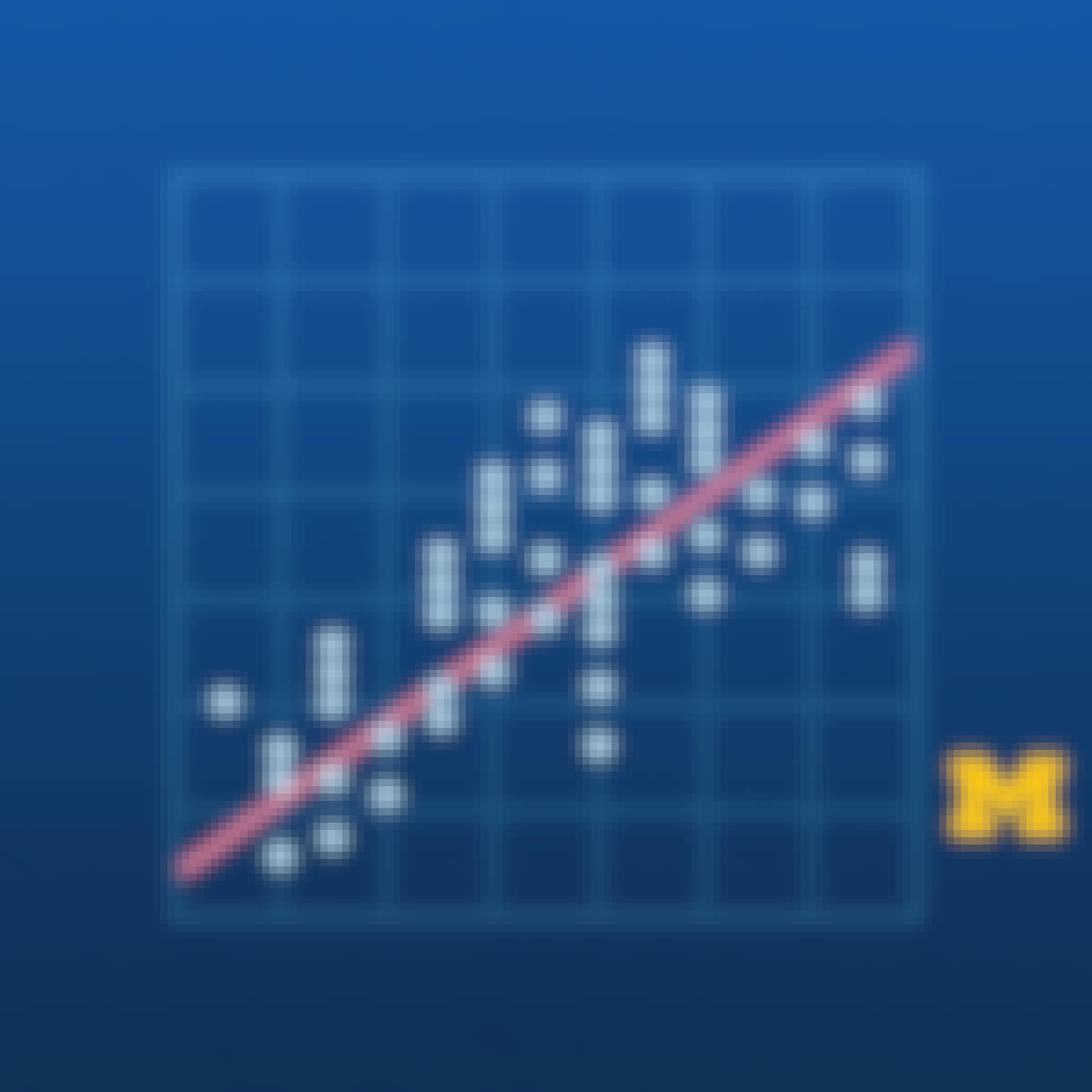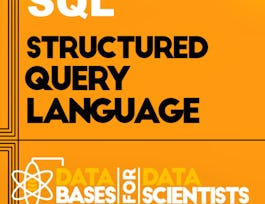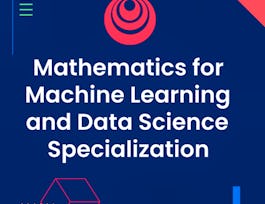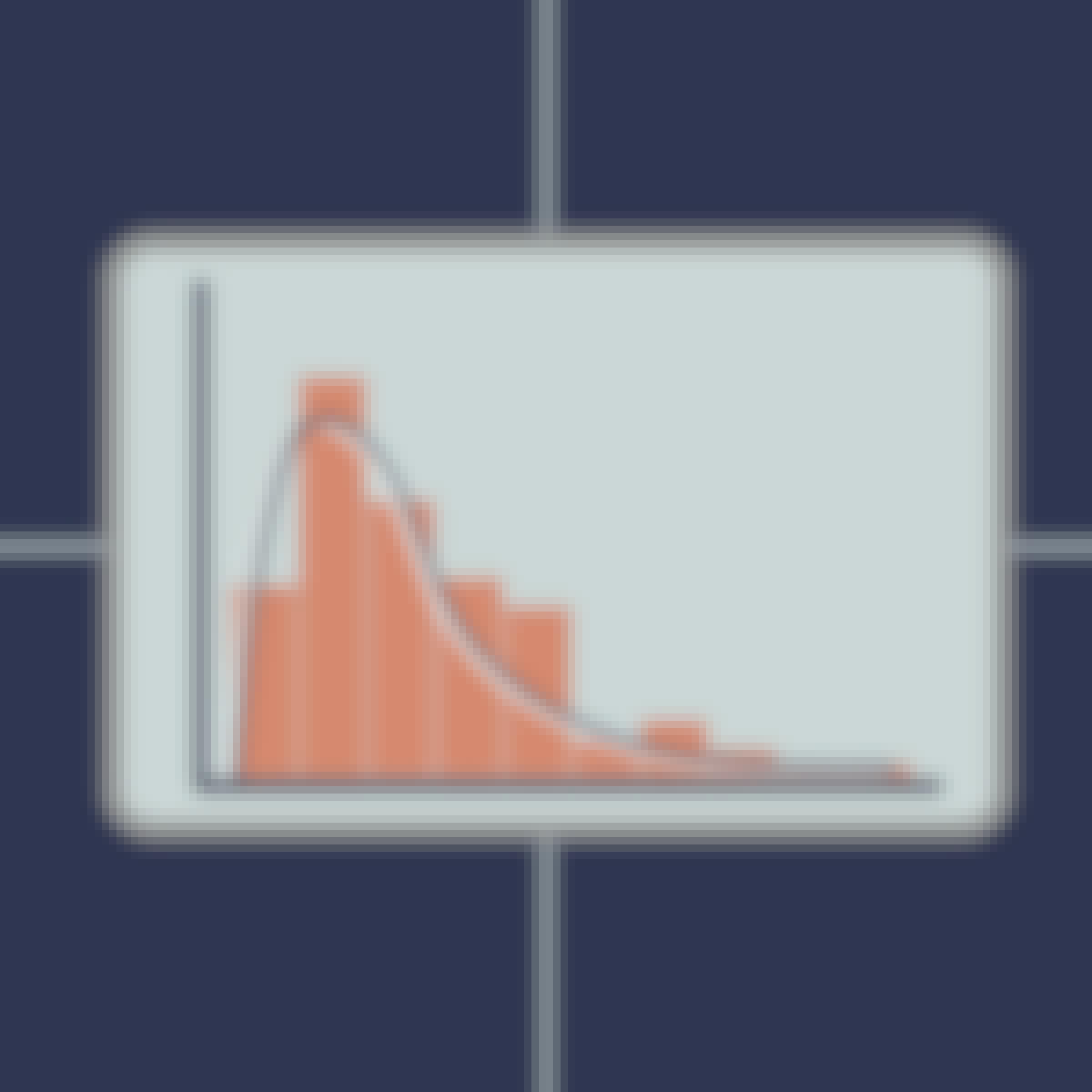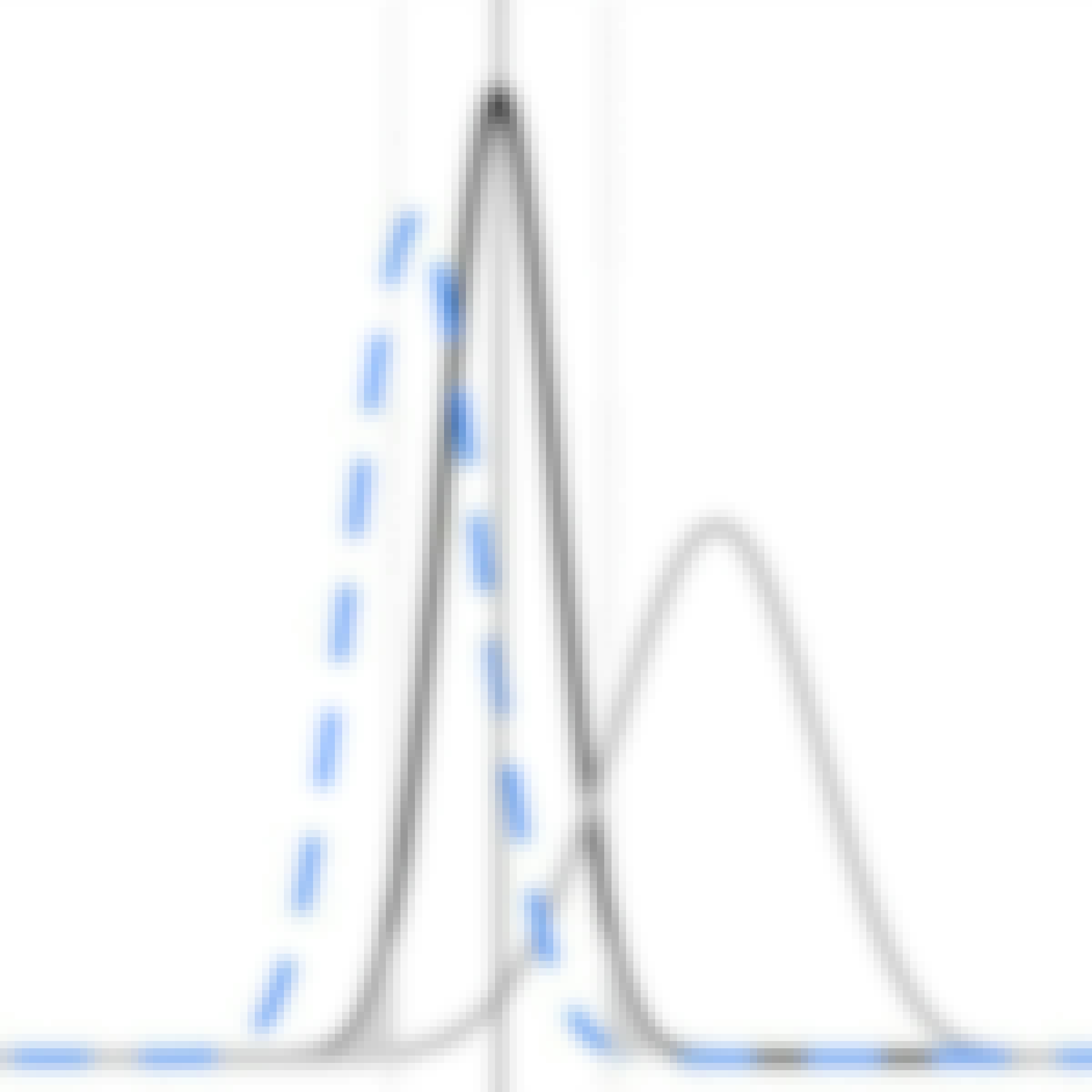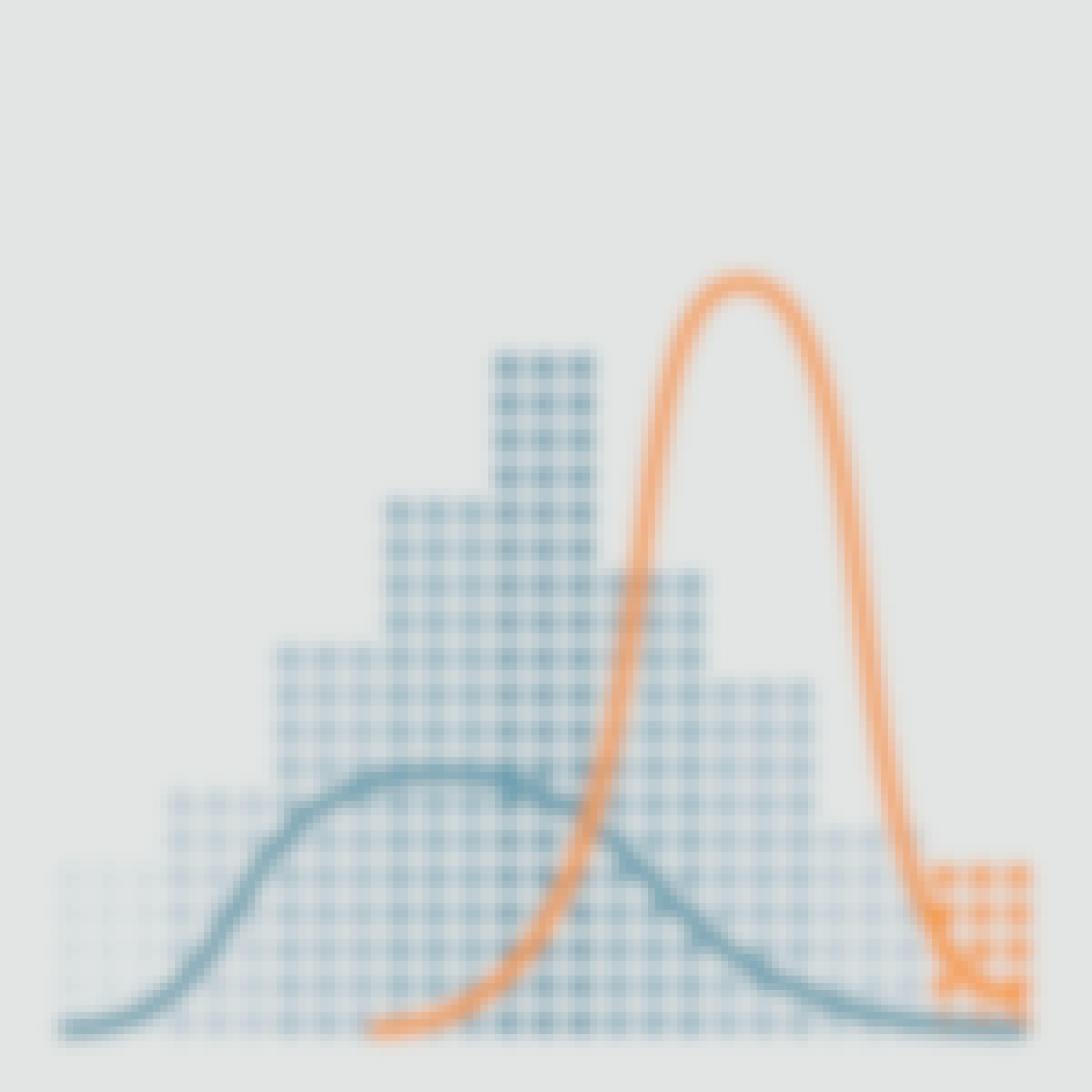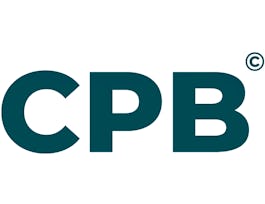- Explore
- Data Science
- Probability and Statistics
Probability and Statistics
Earn Your Degree
Most Popular Courses
Top Rated Courses
Finish a Probability and Statistics Course in Under 24 Hours
Master Fundamental Math Skills and Statistics for Data Science
Launch Your Career
Most Popular Certificates
Frequently Asked Questions about Probability and Statistics
You’ll build skills to determine whether data is meaningful through optimization, inference, hypothesis testing, and other methods for analyzing patterns. Courses help you use data to predict, understand, and improve results, covering concepts like sampling distributions, statistical significance, and regression analysis.
Featured options include IBM’s Data Science Fundamentals with Python and SQL, Johns Hopkins’ R Programming, UC Davis’ Learn SQL Basics for Data Science, and the University of Amsterdam’s Methods and Statistics in Social Sciences. These courses build core statistical thinking alongside practical tools in Python, R, and SQL.
Consider the University of Zurich’s An Intuitive Introduction to Probability, Google’s The Power of Statistics, or CU Boulder’s Probability Foundations for Data Science and AI. These courses introduce core ideas like distributions, inference, and uncertainty in a practical way.
Explore TU/e’s Improving your statistical inferences, Johns Hopkins’ Regression Models, Erasmus’ Econometrics: Methods and Applications, or SUNY’s Practical Time Series Analysis. These offerings dive deeper into inference, modeling, econometrics, and forecasting.
Basic computation and graph-reading skills are helpful, and many courses introduce tools like R and Python along the way. If you want to build programming alongside statistics, try R Programming or IBM’s Data Science Fundamentals with Python and SQL; for conceptual grounding, consider CU Boulder’s Probability Foundations for Data Science and AI.
Yes—structured paths include the University of Amsterdam’s Methods and Statistics in Social Sciences, Duke’s Data Analysis with R, and CU Boulder’s Data Science Foundations: Statistical Inference. These multi-course programs build mastery through sequenced learning and hands-on projects.
Some topics related to probability and statistics include data mining and data analysis, which involve looking for trends in different data sets. Statistics and probability also play a role in experimental design and the analysis of behavior in groups of people, animals, and the natural world. Meteorologists, psychologists, researchers, and marketers rely on statistics in their work. Other related topics include informatics and data visualization that can make it easier to view interpretations of data.
Probability and statistics underpin many data science degrees featured on Coursera, such as the University of Pittsburgh’s Master of Data Science, Illinois’ MCS in Data Science, and CU Boulder’s MS in Data Science. Courses on this page can help you prepare for or complement these programs.
Yes—explore applications in fields like economics, time series, and public health with Econometrics: Methods and Applications, Practical Time Series Analysis, Regression Models, and Hypothesis Testing in Public Health. You can also learn research-focused methods in the Methods and Statistics in Social Sciences Specialization.




